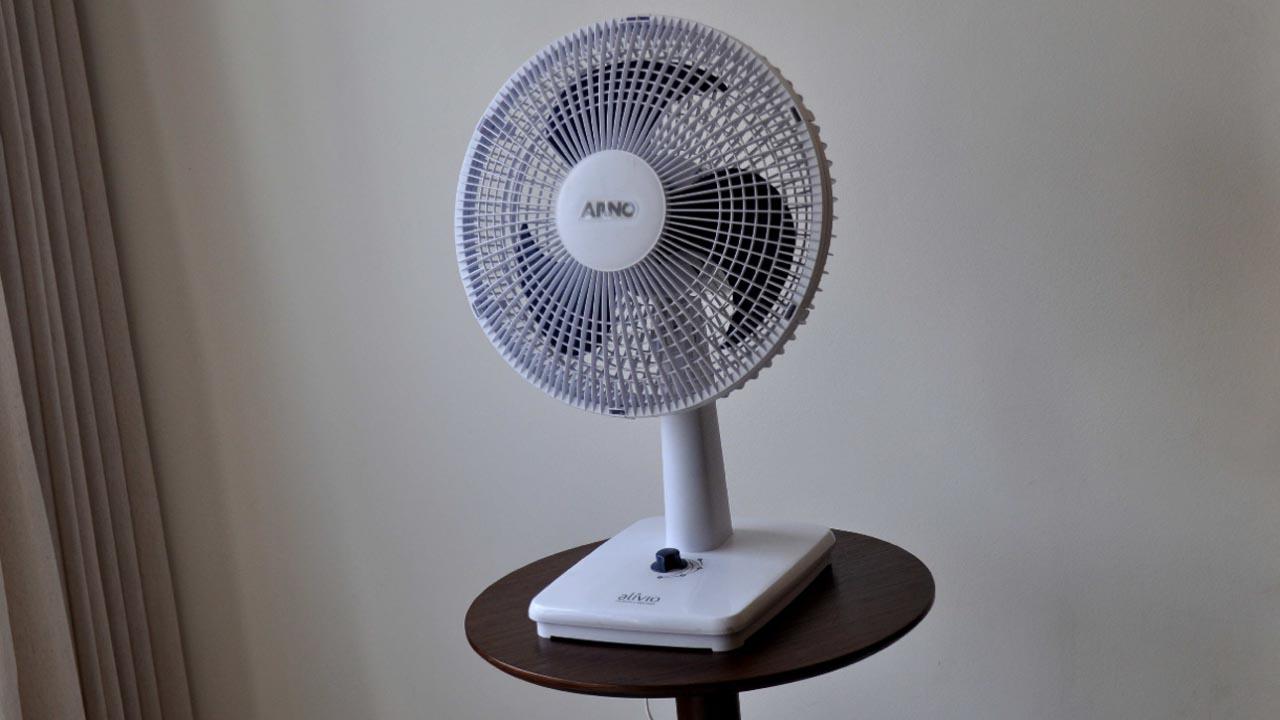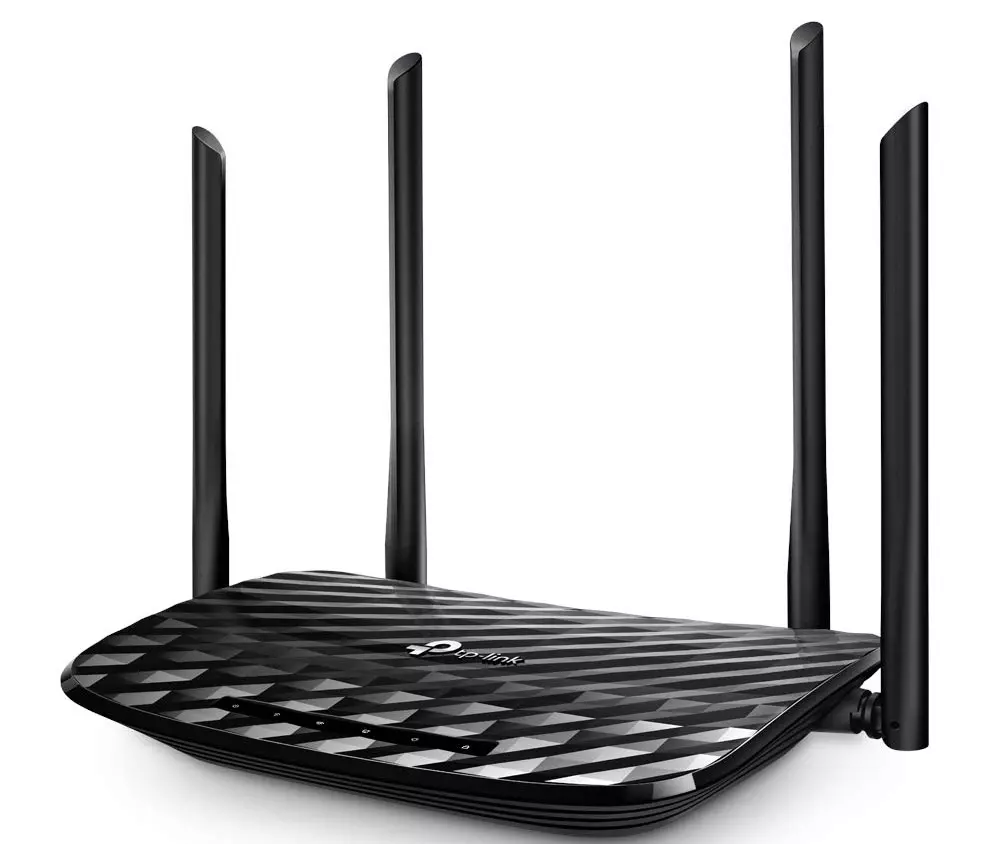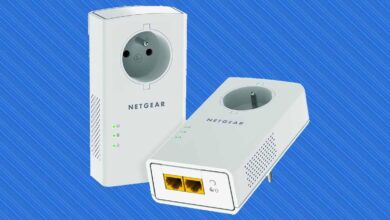
In the summer months, when the temperature inside the house increases, we have to pull some appliances to try to cool the environment. The best thing to lower the temperature, without a doubt, is to use an air conditioner. The problem is that, in terms of consumption, it can be a significant cost. An alternative is to use a fan, which uses much less energy. Now, how much does it cost to have the fan on all day? We are going to talk about it in this article.
You may wonder if it is very expensive to have the fan always on. You may have it all night and most of the day, as long as you are inside the house. Logically it will involve a cost, since it is a device that you will have many hours on. But, is it a very high expense or is it manageable?
cost of a fan
Not all fans consume the same. That’s the first thing you should keep in mind. A small one, which can consume 30-40 watts, is not the same as a larger one, which can reach 100W or more. However, we can do an average. We are going to assume, as usual, a fan that consumes 60 watts.
Let’s say that you are going to have that fan all day on. We are going to go to the extreme of a whole day in which you are going to be at home 24 hours a day and you are not going to turn it off. This means that you will always have it at night and throughout the day, even if you leave the house for a while. whenever you are at home. That will mean a consumption of 60 watts (what we have given as an example) for 24 hours. This equates to 1,440W or 1.44 kWh. If it has another power, for example 40 or 90, you can calculate it in a similar way but you will spend less or more, depending on the case.
How much is it on the bill? That will depend on the rate you have contracted and the price of electricity. However, we can say that it costs you €0.20 each kWh. If we have said that a fan on all day will consume 1.44 kWh, that will mean approximately €0.29.
As you can see, for less than €0.30 you can have a 60-watt fan on all day. However, consumption will also vary depending on the level at which you set it, as well as the rate you have contracted. If you have a rate with hourly discrimination, in which you pay based on the time of day, the calculation will be much more complex since you will not always pay the same.
Much cheaper than an air conditioner
If we compare it with a air-conditioning, without a doubt the consumption is much lower. An air conditioner can perfectly spend over 1 kWh, although it will depend on the model, at what temperature you set it, the previous temperature of that room, the size of the room where you place it and other factors.
If you’re looking to save the most on your bill and can be fine with just a fan, it’s going to be more cost effective than running the air conditioner. You will spend much less electricity, even if you decide to put it on for many hours a day. We can say that the difference is more than remarkable.
There will not be a big difference between one fan and another. Unlike air conditioners, depending on which model you have, you will not have a very different expense. We are talking about that they usually have a power between 40 and 90, so there really is not going to be as big a difference as if we compare it with an air, which can be hundreds or even more than 1000W of difference.
Of course, keep in mind that the consumption of a fan it will be stable throughout the day. It is the same as if you turn on a light bulb. On the other hand, the air conditioning does not always spend the same; The consumption of the AC goes through a process in which at the beginning, when you turn it on and until it reaches the desired temperature, it is when it will consume the most and, later, the cost will decrease.
As you can see, put the fan all day It will not suppose a very big expense of electricity. It is a device that consumes little and you can always look for other ways to save energy, such as adjusting the temperature of the refrigerator, avoiding phantom consumption and other devices that use electricity.



